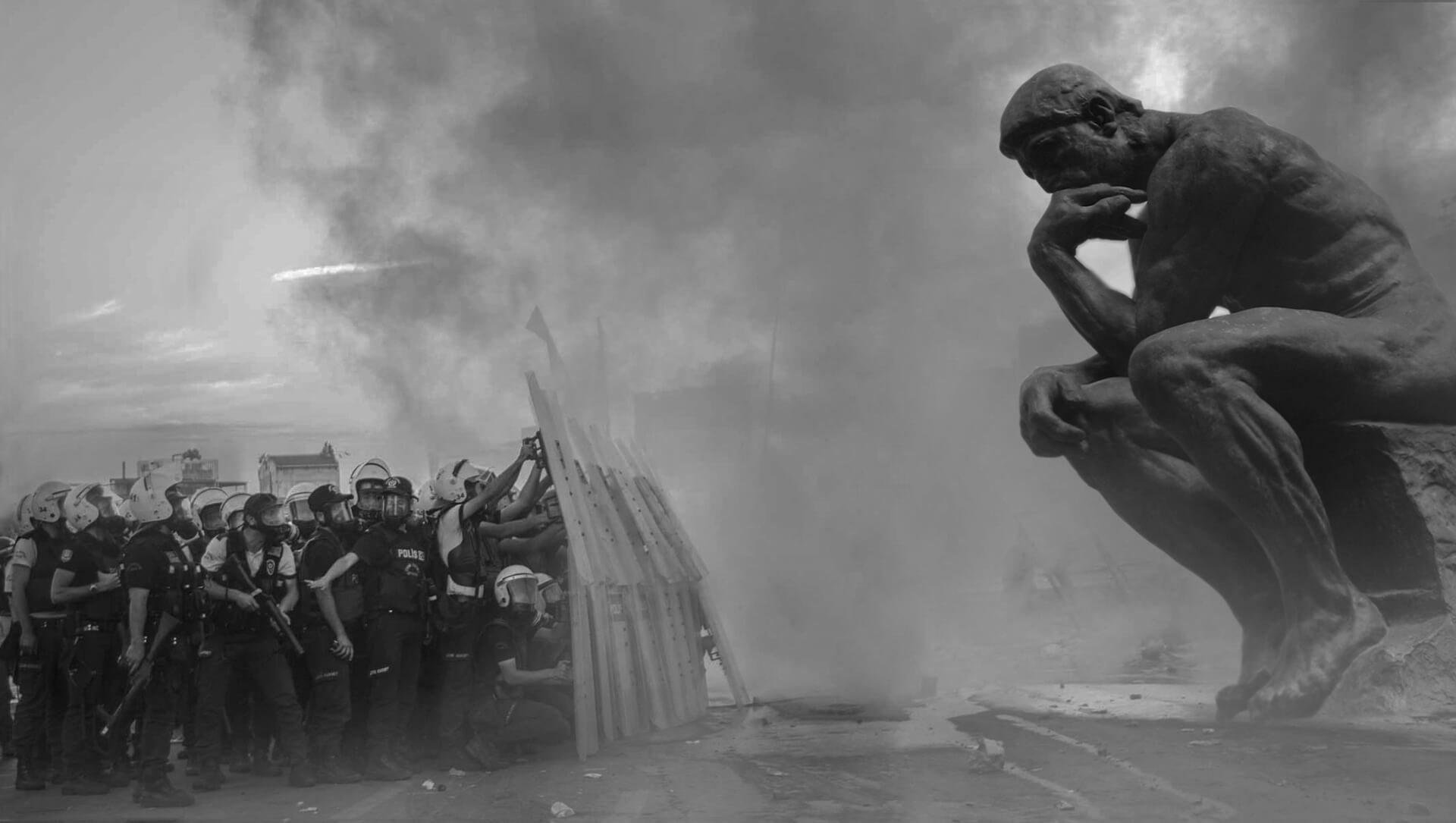Problem
Business owners and managers of large companies often need support from analysts and consultants. This need becomes especially acute at a time when the old social and economic systems and ties are collapsing, global interdependencies are impaired, uncertainty is growing in many areas of society, and usual approaches no longer work. This is what we are seeing at the moment. It would seem that the finest hour of professionals in the field of analysis and management consulting is coming. In reality, however, analytical reports and recommendations so often consist of vague and difficult-to-understand formulations that we can already talk about this as a norm or a trend:
- “Create a sense of urgency for climate adaptation”
- “Match action to risks and opportunities”
- “Deepen relationships with trading partners and mobilize people through purpose”
- “Decide which decision inputs to constrain and amplify outcomes through collaborative partnerships”
- “Build a business-driven, analytics fortified data foundation”
- etc.
Such recommendations are more like slogans and, in fact, are profanation. They neither provide a clear understanding of the current moment, nor the optimal strategy for achieving the goal, nor, moreover, reliable forecasts for the future. “Do corporate consultants understand their own bullshit?” is a question frequently asked by their clients. Often, even analysts themselves cannot rely on the work of their colleagues.
The danger of this trend is so great that it can be called Evil that threatens not only the mind of individuals, but also the well-being of all mankind. After all, an analytical report should clarify what was incomprehensible and blurry. If it does not give a clarity, but plunges a reader into even greater misunderstanding, its threat to reason is obvious. Therefore, by calling this trend Evil, as opposed to Good — the correct writing of reports — we want to show the possibility of evaluating such quite practical things by eternal human measures.
Necessity of measure
The weakness of analytical reports is caused by the lack of the most important tool for analysts — stable, human-related measures. It is important that the measures are related to human beings, since when considering or researching a particular issue, it is the human mind that should rely on them, and not the artificial intelligence of machines, which can only be used as an auxiliary tool.
The materialistic approach in science, which eliminated the subject of cognition from the process of cognition, will not help analysts in this matter, but will only exacerbate the problem of the lack of measures.
Turning to the problem of empty analytical reports, the LiveDevice Institute proposes to return to the subject of cognition and use the human body as a cognition instrument.
Our body is naturally divided into twelve hierarchical functional levels. With its structure, which was built not by a human mind, but by the perfect mind of Nature, it indicates the basic sequence of steps that the cognizing subject — the analyst — should follow in his work:
- Understanding
- Vision
- Expression
- Following
- Realisation
- Management
- Provision
- Multiplication
- Demonstration
- Reaction
- Receiving
- Giving
The three functions located in the upper part of the human body represent his higher nervous activity, or his mind, whose main task is to bring clarity:
- crown — a clear “understanding” of primary meanings;
- face — a clear “vision” of the problem;
- throat — a clear “expression” of conclusions or a solution to a problem.
Being created by the mind of Nature herself, our body cannot carry an error in the hierarchical sequence of its functional levels. This sequence is eternal and unchanging, and that is why it can be used as a universal system of natural measures in solving any problems. Following this sequence, an individual can produce a product of his mind in the form that brings good to people — it really helps in their activities.

What is the relationship between public and individual rights, and how, based on that, should one define and defend one's individual position?
